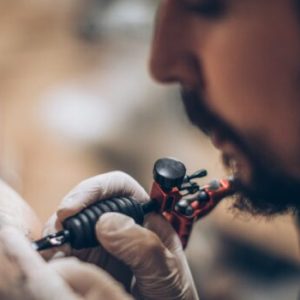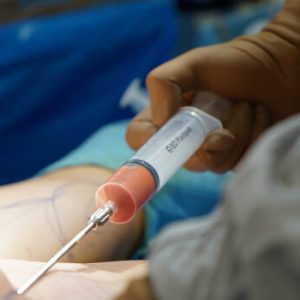In the world of education, teachers are often called heroes for the way they inspire and guide students. But for one small-town school, the word “hero” took on a whole new meaning when a teacher made the ultimate sacrifice—not in the classroom, but in the hospital.
Lillian Johnston had been teaching at her local elementary school for nearly two decades. Known for her kindness and tireless dedication, she had become more than just a colleague to her fellow staff—she was a friend, a mentor, and for some, like her coworker Allie, practically family.
Allie’s husband, Mark, had been battling kidney disease for years. As his health declined, doctors confirmed that he would need a transplant. The waiting list, however, was long and uncertain. The news was devastating. Allie confided in her colleagues, sharing her fears that time might run out for her husband.
That’s when Lillian quietly made a decision that would change everything. She went through the extensive testing process to see if she might be a match. Against all odds, she was. Without making a fuss, she told Allie, “I’m your donor.”
Allie was stunned. “I couldn’t believe it,” she recalled later. “I knew Lillian was generous, but this was beyond anything I could imagine.”
The surgery was scheduled, and the entire school rallied behind the two women. Parents, students, and teachers organized prayer circles, sent cards, and prepared meals. On the day of the operation, the hospital waiting room was filled with supporters who anxiously awaited the outcome.
Both surgeries were successful. Mark received his new kidney, and Lillian recovered quickly from the procedure. When the two women saw each other in the hospital afterward, they embraced tightly, tears streaming down their faces. “You didn’t just save Mark’s life,” Allie whispered. “You saved our family.”
News of the extraordinary act spread beyond their town. Local newspapers called it a “lesson in compassion.” Online, thousands of readers shared the story, praising Lillian’s courage and selflessness. One comment read: “This is the kind of story that restores faith in humanity.”

Medical professionals highlighted the importance of living donors, noting that thousands of people in the United States are waiting for kidney transplants each year. Stories like Lillian’s not only save lives directly but also inspire others to consider giving the same gift.
Lillian, however, never sought recognition. “I just did what needed to be done,” she said humbly. “When you love people, you don’t measure the cost—you just give.”
Her students were among her proudest supporters. Many made “Get Well Soon” cards filled with crayon hearts and messages like, “Thank you for being a hero, Mrs. Johnston.” For them, the act was a living lesson in kindness and sacrifice, one that no textbook could ever teach.
Months after the surgery, Mark’s health improved dramatically. He was able to return to his hobbies, spend time with his children, and look toward the future again. Allie said she often looks at Lillian and feels overwhelmed by gratitude. “How do you ever repay someone who gives you more years with the person you love?”
For the community, the story became a shining example of what it means to live for others. It reminded everyone that true heroism doesn’t always come with medals or parades. Sometimes, it’s found in the quiet courage of a teacher who sees a need and answers it with love.
As one neighbor put it, “We send our kids to school to learn reading and math. But thanks to Lillian, they also learned the most important lesson of all: how to care for others.”








